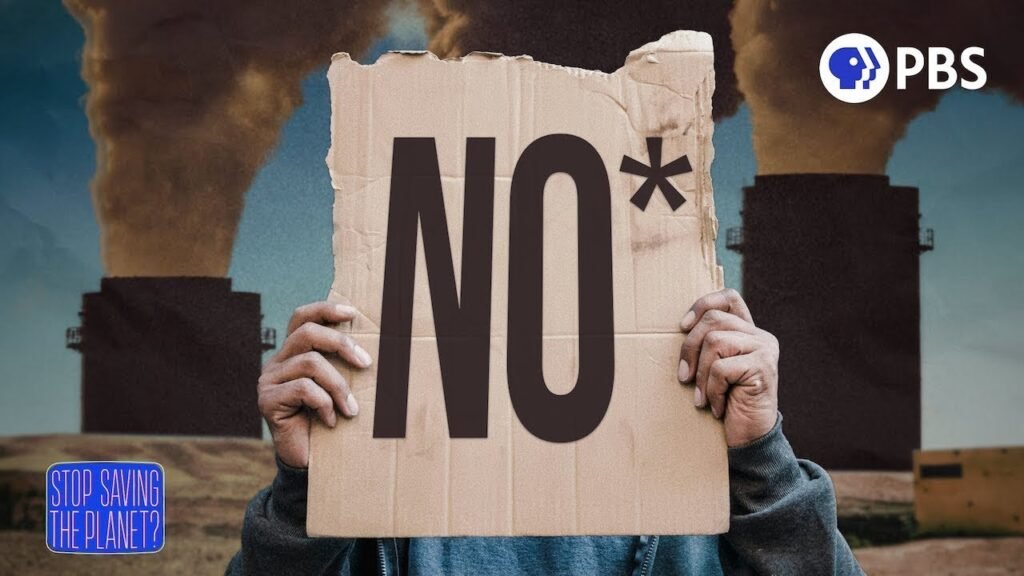
PNAS Nexus, Volume 3, Issue 4, April 2024, pgae106,
https://doi.org/10.1093/pnasnexus/pgae106
Published: 02 April 2024
Journal article summary:
- Human activities have led to converging crises including climate change, ecological destruction, disease, pollution, and socioeconomic inequality.
- Global greenhouse gas emissions are the highest in history, leading to a temperature increase of 1.45 ± 0.12°C in 2023.
- The world is not on track to meet necessary climate targets, with oil demand at an all-time high and fossil fuels providing over 80% of global energy use.
- Addressing global sustainability requires urgent decarbonization, shifting to regenerative practices, and changing economic models to prioritize sustainability, resilience, and justice.
Key Quotes:
- Propelled by imperialism, extractive capitalism, and a surging population, we are speeding past Earth’s material limits, destroying critical ecosystems, and triggering irreversible changes in biophysical systems that underpin the Holocene climatic stability which fostered human civilization.
- Against this backdrop of Earth at risk, we call for a global response centered on urgent decarbonization, fostering reciprocity with nature, and implementing regenerative practices in natural resource management. We call for the elimination of detrimental subsidies, promotion of equitable human development, and transformative financial support for lower income nations.
- We do not promote a “doom and gloom” philosophy regarding the future of human civilization. We are optimistic that humanity can correct the unsustainable pathway that we are on.
The following passage is from the journal article section titled:
A cultural shift in values
How do we achieve these goals? The authors call for a global cultural shift in social and economic values. Creating a cultural shift toward regenerative practices in socioeconomic activities is complex and requires a multifaceted approach involving, critically, the leaders of the G20, and all nations, comprehensively engaging programs in the following:
- Education in sustainability and equity concepts: Increasing awareness and understanding of sustainability and equity issues through education at all levels to empower individuals to make more environmentally conscious decisions. Embedding sustainability and equity into educational curricula at all levels can shape future generations’ values and actions. We advocate adoption of the issues discussed in this paper in school curricula, public service announcements, and as a guide to government decision-making.
- Policy, legal frameworks, and legislation: Governments can enact and enforce policies that mandate sustainable practices and ensure social equity, such as progressive environmental regulations, social justice legislation, and economic reforms that prioritize community well-being over individual profit.
- Economic incentives: Shifting the economic focus from growth at any cost to a model that values environmental and social well-being. Aligning economic incentives with sustainable outcomes, such as tax breaks for green businesses, can encourage companies and consumers to adopt better practices.
- Cross-sector partnerships: Facilitating collaboration between the public sector, private sector, civil society, and academia to develop integrated and comprehensive approaches to sustainability and equity.
- Community empowerment and inclusion: Encouraging participatory governance that includes diverse community voices in decision-making processes, particularly those of marginalized and indigenous groups, to ensure that practices are equitable and culturally sensitive.
- Corporate responsibility and accountability: Promoting corporate social responsibility through transparency, fair trade, ethical sourcing, and sustainability reporting.
- Incentives for sustainable/equitable behavior: Channeling investment into the development and deployment of green technologies that enable sustainable production and consumption patterns. Creating economic and social incentives for businesses and individuals to adopt sustainable practices, like subsidies for renewable energy or tax benefits for sustainable/equitable business practices.
- Innovation and technology: Investing in research and development for new technologies can provide more efficient and cleaner alternatives to current practices.
- Leadership and commitment: Encouraging leaders within communities, businesses, and governments to model sustainable and equitable behaviors. Leaders in business, politics, and community groups must commit to sustainability goals and lead by example to inspire others.
- Cultural narratives: Leveraging media, art, and culture to promote stories and images that valorize sustainability and equity, thereby shaping public opinion and cultural values. Changing the cultural narratives around consumption and progress to value sustainability and long-term thinking over immediate gratification or economic growth at any cost.
- Global engagement and solidarity: Participating in international efforts and agreements that aim to address global challenges collectively, ensuring that sustainability and social equity are global priorities.
This systemic transformation requires a shift in collective values, behaviors, and institutional practices to prioritize long-term ecological health and social well-being over immediate gains.


This is an Open Access article distributed under the terms of the Creative Commons Attribution License (https://creativecommons.org/licenses/by/4.0/), which permits unrestricted reuse, distribution, and reproduction in any medium, provided the original work is properly cited.





